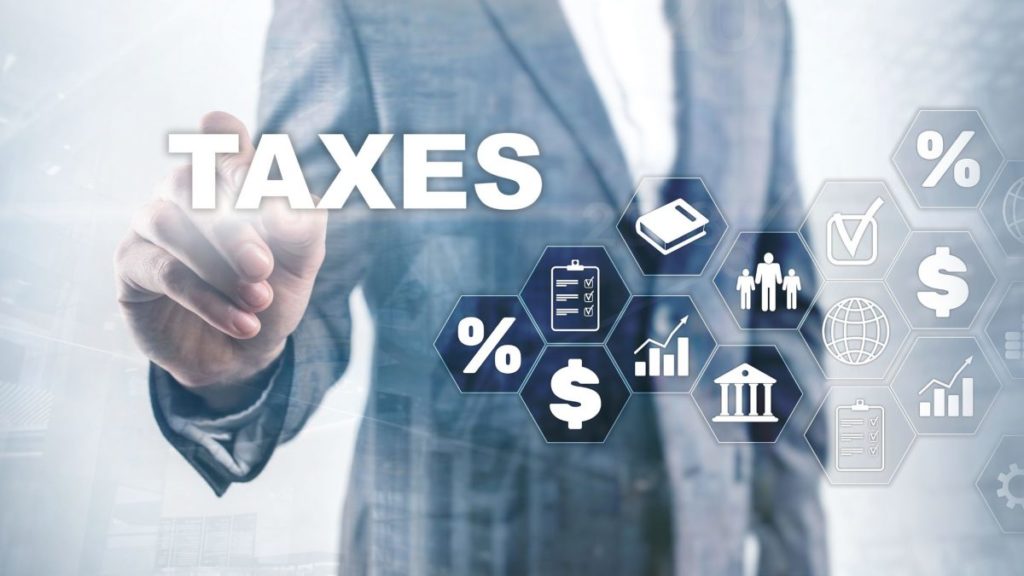
As a business owner in the United Arab Emirates (UAE), it is important to understand the country’s excise tax and its impact on your operations. In this guide, we will provide you with a comprehensive overview of the UAE excise tax, including what it is, which products are subject to it, and how to comply with the regulations. We will also discuss the impact of excise tax on businesses and the penalties for non-compliance, as well as exemptions and refunds that may be available.
Introduction to the UAE Excise Tax
The UAE excise tax was introduced on October 1, 2017, as part of the government’s efforts to diversify its revenue sources and reduce its reliance on oil exports. The tax is imposed on certain products that are deemed harmful to human health or the environment, such as tobacco products, energy drinks, and carbonated beverages. The revenue generated from the excise tax is used to support public services and infrastructure projects in the UAE.
What is Excise Tax and How Does It Work?
Excise tax is a type of indirect tax that is levied on specific products at the point of manufacture or importation. It is usually included in the price of the product, and the consumer pays the tax without realizing it. The goal of excise tax is to discourage the consumption of certain products by making them more expensive and to generate revenue for the government.
In the UAE, the excise tax is set at 100% for tobacco products and 100% for energy drinks and 50% on carbonated beverages. The tax is applied to the retail price of the product, which includes any markup or profit margin added by the seller. For example, if a pack of cigarettes has a retail price of AED 10, the excise tax would be AED 10, making the total price AED 20.
Products Subject to Excise Tax in the UAE
The UAE excise tax applies to following types of products:
- 50% on carbonated drinks
- 100% on tobacco products
- 100%on energy drinks
- 100% on electronic smoking devices
- 100% on liquids used in such devices and tools
- 50% on any product with added sugar or other sweeteners.
It is important to note that the excise tax applies to both locally produced and imported products.
The Impact of Excise Tax on Businesses
The introduction of excise tax in the UAE has had a significant impact on businesses that produce or sell the affected products. For example, tobacco companies have had to increase their prices to cover the cost of the tax, which has led to a decrease in demand for their products. This, in turn, has affected their profitability and forced them to explore other revenue streams.
Similarly, retailers of energy drinks and carbonated beverages have had to adjust their pricing strategies to maintain their profit margins. Some have absorbed the cost of the tax, while others have passed it on to their customers. This has led to a decrease in sales volume, as consumers have become more price-sensitive.
How to Comply with Excise Tax Regulations in the UAE
As a business owner in the UAE, it is your responsibility to comply with the excise tax regulations. This involves several steps, including:
- Registering for excise tax: All businesses that produce or import the affected products must register for excise tax with the Federal Tax Authority (FTA).
- Calculating the tax payable: Businesses must calculate the amount of excise tax payable on their products based on the retail price.
- Submitting tax returns: Businesses must submit regular tax returns to the FTA, detailing the amount of excise tax payable.
- Maintaining records: Businesses must maintain accurate records of their sales and purchases of the affected products, as well as any tax payments made.
Penalties for Non-Compliance with Excise Tax Regulations
Non-compliance with the UAE excise tax regulations can result in severe penalties, including fines and imprisonment. The penalties vary depending on the nature and severity of the offense. For example, failure to register for excise tax can result in a fine of up to AED 20,000.
Excise Tax Exemptions and Refunds
There are some exemptions and refunds available to businesses that produce or import the affected products. For example, businesses that export the products outside the UAE may be eligible for a refund of the excise tax paid. Similarly, businesses that produce or import the products for the purpose of scientific research or medical use may be exempt from the tax.
It is important to note that exemptions and refunds are subject to certain conditions and requirements, and businesses must apply to the FTA to be considered.
Conclusion
In conclusion, the UAE excise tax is an important aspect of the country’s tax system, and businesses that produce or sell the affected products must comply with the regulations. The tax has had a significant impact on the affected industries, and businesses have had to adjust their pricing strategies to maintain their profitability. However, with careful planning and compliance, businesses can continue to operate successfully in the UAE market.
If you have any questions or need assistance with excise tax compliance, please contact us!